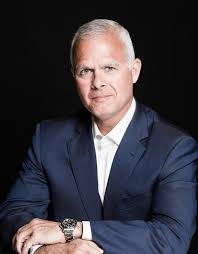Col. Christopher Costa, International Spy Museum
September 27, 2019
The Trump administration quietly undertook a range of counterterrorism efforts during its first year, allowing President Trump to rightfully claim at the State of the Union address in January 2018 that, under his administration, ISIS suffered substantial territorial loss to its physical caliphate. But, that’s not enough. Christopher Costa will update the terrorism challenge in light of policy choices, a new National Counterterrorism Strategy and international pressure on terrorist actors. Going forward, the US must consider adapting its approach to counter a broader (and sometimes underground) jihadist movement by working with the right foreign partners to institutionalize better governance and support stabilization efforts. Failure to do so will risk yet another jihadist terrorist group rising to threaten the United States and its broader interests. In addition, senior leaders and policymakers must attain a better understanding of the complex “Grey Zone” dynamics in Syria, where the United States and its partners must be willing to invest in a long-term counter-strategy to contest the competing forces — both state and non-state in that vacuous space. This dynamic is now complicated by heightened tensions between the United States and Saudi Arabia, as well as the continuance of a strained relationship with Iran. Lastly, we can’t ignore Homegrown Violent Extremism (HVE) – those would-be terrorists that are at risk of radicalizing and mobilizing for violence. Effective measures to counter these threats require a range of capabilities —not solely those related to law enforcement, but also with the capabilities of the private sector and civil society.
Christopher P. Costa is the executive director of the International Spy Museum and a 34-year veteran of the Department of Defense. Previously, Mr. Costa served as the Special Assistant to the President and Senior Director for Counterterrorism on the National Security Council (NSC). At the NSC, he was responsible for coordinating counterterrorism policy and strategy as well as US hostage recovery activities.
Supported in part by Doug Wise and the City of Albuquerque

